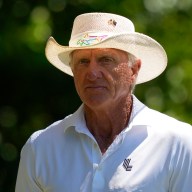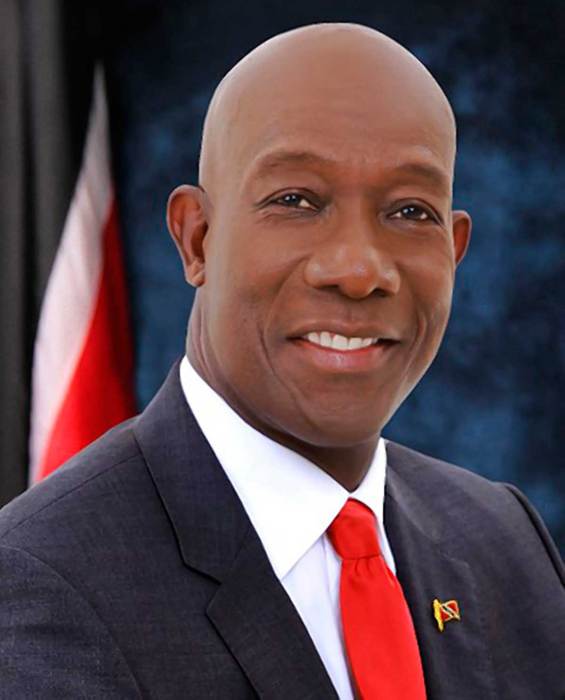It prides itself on “breaking new sound”, it’s Canada’s only station dedicated to independent Canadian music and it can be heard on two different formats — online and satellite. But Steve Pratt says CBC Radio 3 isn’t really a radio station at all.
“I know that sounds odd,” says Pratt, the station’s Vancouver-based director and director of digital programming for all of CBC Radio. “It’s more like we try to be experts and help people discover new Canadian music. It doesn’t really matter whether it’s radio, video, blogging or social networking.”
Instead, Pratt calls Radio 3 an “ecosystem” because its makeup is like a living, breathing, user-generated community — considering its huge user-generated content.
“A lot of the tools on the website are designed to help people discover and get to know artists and then be able to share stuff they like with their own social networks,” says Pratt.
That’s reflected in the station’s frequent use of blogs (each show features a unique blog-a-day by its host, inviting listeners to join the conversation), Twitter and personalized artist pages, which enable audiences to participate with, rather than simply consume, the station’s outputs.
And if Radio 3 is an ecosystem, Pratt is its overseeing organism. He’s responsible for strategizing how best to synergize the station’s distribution platforms, determining where to publish content (and what content should be published) and figuring out how Radio 3 can best raise awareness of new Canadian music.
While Pratt says he’s not a poster child for a long radio career leading up to a certain point, he thinks the variety of genres and mediums he’s bounced around between — including stints in entertainment journalism, local news, children’s and comedy programming and at MuchMusic — has been more valuable than a lengthy radio tenure.
“The important thing is understanding how to reach audiences and tell stories that are specific to the medium that you’re using.”
But as mediums are changing so significantly in this digital age, what’s most important to Pratt is also what he finds most challenging.
“No one has figured out what the future is going to be when a large chunk of that audience migrates away from AM/FM or conventional television, or how many of them are going to migrate over, or how they’re going to make money or survive in a digital universe,” he says.
“We feel like we’re up to our elbows in helping to figure out what the media experience is going to be for the next generation, which is cool.”
















